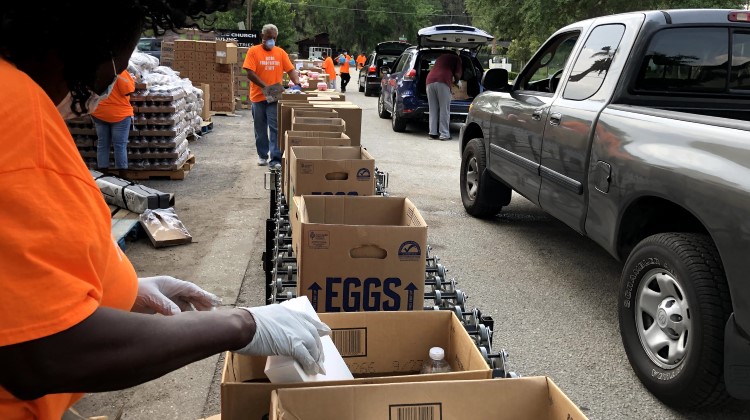
As Second Harvest Food Bank of Central Florida continues to serve on the frontlines of the local hunger crisis, it has become clear that our communities – and the economy – cannot wait for additional support in our efforts to help make sure no one goes hungry during these unprecedented times.
Fortunately, Congress has tools to help feed families facing hunger in Central Florida in upcoming COVID-19 relief legislation. One critical tool is increasing the maximum Supplemental Nutrition Assistance Program (SNAP) benefit by 15 percent for as long as the public health and economic crises continue.
Over 230,000 Central Floridians have filed for unemployment benefits since mid-March. Child hunger has grown; Black and Hispanic households are experiencing hunger at increasing and disproportionate rates. Having enough to eat is harder than it has ever been, especially as food prices reach a 50-year high. Increasing SNAP benefits will also increase food purchasing power – a life-saving move for our economies and for families without enough food on the table, many for the first time. During the Great Recession, for every dollar spent on the SNAP program, $1.54 was generated in local economic activity.
A SNAP increase in the next COVID-19 stimulus package will also help Second Harvest Food Bank’s distribution efforts, which have been operating at double pre-pandemic levels. Since mid-March, the food bank has increased its daily distribution and is putting enough food out for 300,000 meals every day. However, for every meal that food banks, like Second Harvest, put into the community, SNAP provides the equivalent of nine meals.
SNAP has become a crucial lifeline for Central Floridians like Merari, an Orlando resident, who was furloughed from her theme park job when businesses started to close their doors. She and her roommate pooled their savings to pay rent, but then there was a matter of food. After searching for a mass food distribution event close to where she lived, Merari waited almost two hours for groceries to be placed in the trunk of her car. Since then, Merari, a survivor of Hurricane Maria, was able to access food through SNAP. Merari has been called back to work but doesn’t know when that will be yet. “I’ve learned to be humble and ask for help. It’s hard to do that, but I’m grateful,” she said.
In addition to increasing benefits for SNAP, a proven anti-hunger powerhouse and economic multiplier, Congress must take action to prevent the coronavirus crisis from continuing to be a child hunger crisis. An important step would be extending and expanding Pandemic-EBT (PEBT) – a program designed to help families whose children received free or reduced school meals maintain access to nutritious foods they need amid school closures. While some children will be returning to the school cafeteria every day, others will continue learning at home. Expanding PEBT will offer those parents an opportunity to provide healthy meals so their children can continue learning and growing.
Hunger does not hesitate to strike; neither should our lawmakers when it comes to providing necessary food support to help those in need endure the remainder of the pandemic and the resulting economic fallout. With data and lived experiences shedding light on the immensity of our nation’s hunger crisis, Congress’ current hunger-relief response must be supplemented by more action that will spur economic activity and prevent families from making difficult trade-offs between food and other essential needs. Contact your Senators, Marco Rubio and Rick Scott, and tell them to increase SNAP by 15 percent and expand PEBT to help feed even more Central Florida families in need. The clock is ticking.
By Jeff Lutes, Board Chair, Second Harvest Food Bank of Central Florida. This guest column originally appeared in The Orlando Sentinel on August, 16, 2020.
Tell Senators Rubio and Scott to increase SNAP.
Time is running out.


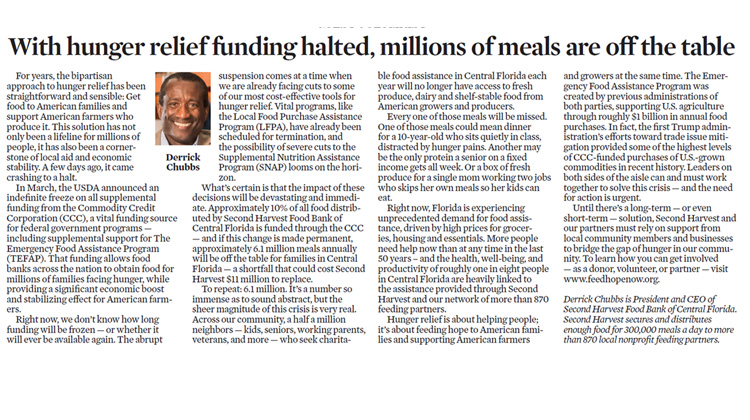
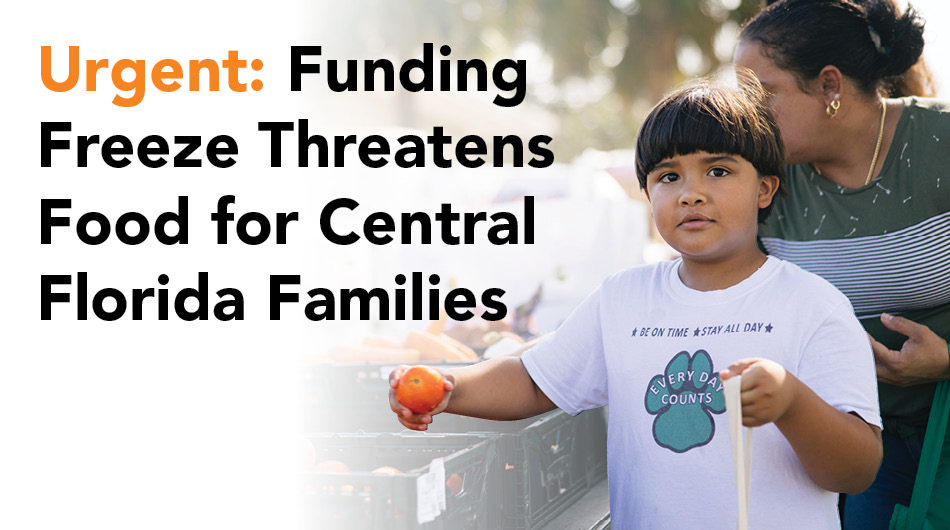
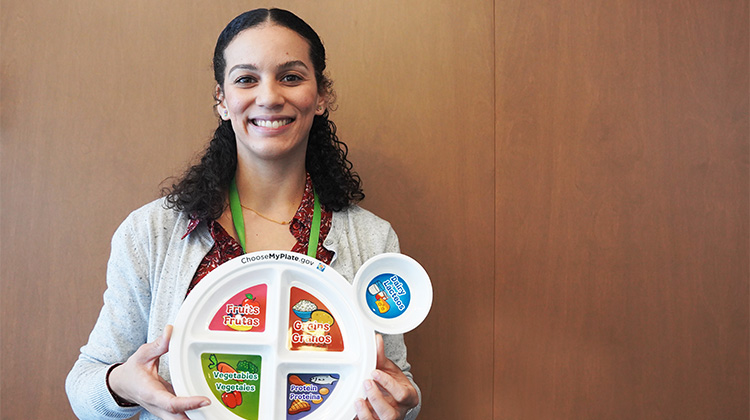


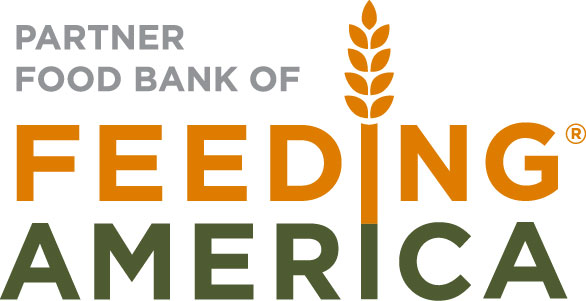
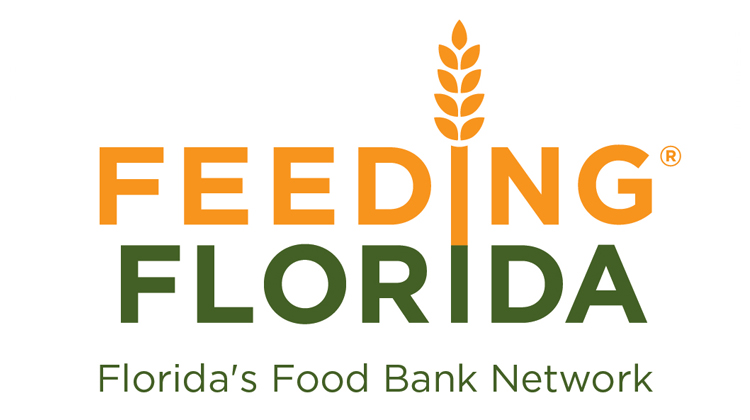
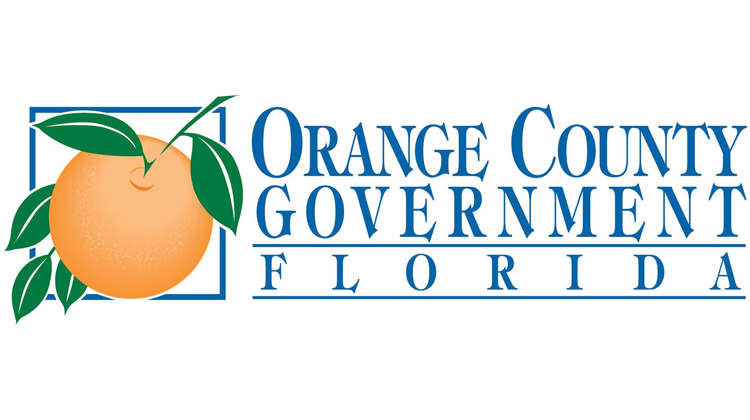
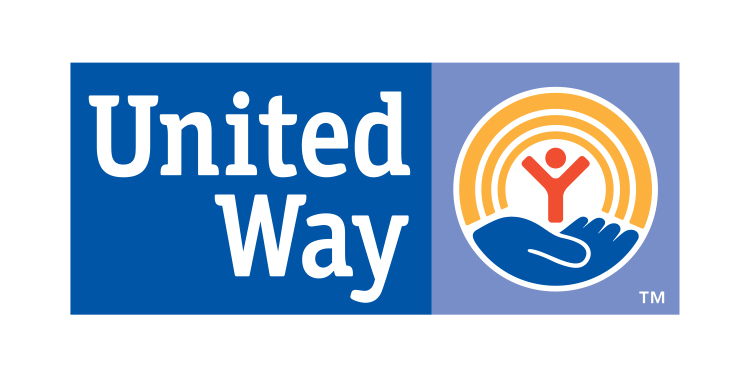

Leave a Reply